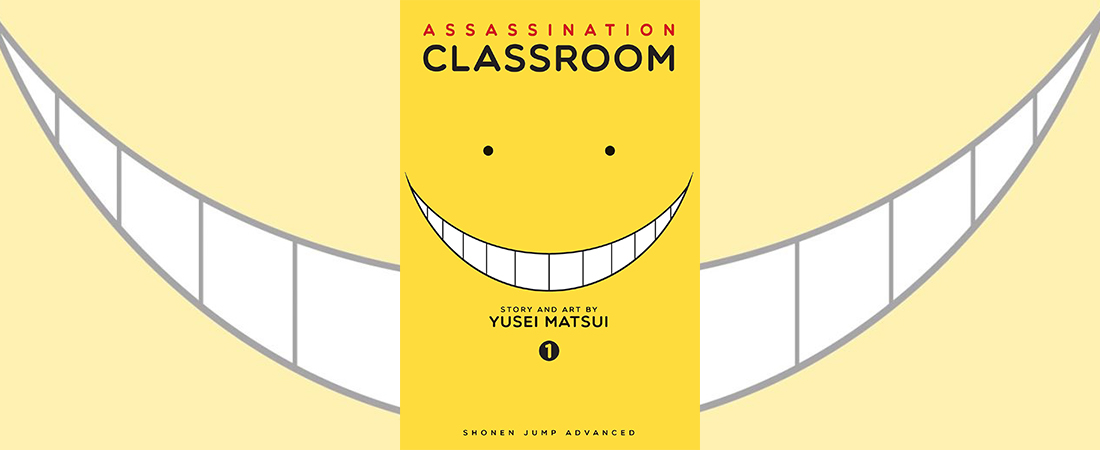Markham Intermediate School in Staten Island, NY, pulled Assassination Classroom, a best-selling manga comic by Yusei Matsui, from library shelves after a parent complained about the book’s title and fictional superhero themes.
As the Comic Book Legal Defense Fund explains, “the title for the comic sci-fi manga series is unfortunately misunderstood by many unwilling to delve into its pages. Assassination Classroom is not about the real-life violence that plagues schools, but rather a class of misfit students pledged with saving the world by killing their alien super-villain teacher (who has already blown up a decent chunk of the moon).”
It appears that the objection to Assassination Classroom takes the book’s title and themes out of context and disregards the book’s value as a whole.
NCAC has urged the superintendent to return Assassination Classroom to library shelves and to follow district procedures for the review of controversial materials.
Manga like Assassination Classroom have earned substantial international readership by addressing the social and developmental concerns of audiences with research and specificity. For educators, manga can be a valuable tool for making life-long readers, engaging reluctant readers, and assisting struggling students. For new and reluctant readers, manga are less daunting than prose and more likely to be read. For advanced readers, they offer a novel and expansive reading experience.
In keeping with the principles outlined by the Supreme Court, the NYC School Librarian Guidebook explicitly prohibits removing any challenged material from use until a Material Evaluation Committee has made a final decision about the book’s educational value. The guidebook calls for the reviewing committee, including at least one “librarian [and] two classroom teachers familiar with the subject matter of the material,” to “weigh values and faults against each other and form opinions based on the materials as a whole.”
Not only does the removal of library books based on the subjective and decontextualized critique of community members violate students’ First Amendment rights, it also sets a dangerous precedent that will invite challenges to any idea that offends delicate reader sensibilities.
Every public school should serve as a place where students of diverse perspectives and capacities can engage with new ideas. We recognize that parents are entitled to direct their child’s education. But no parent has the right to decide what others may read.
While not everyone will understand or agree with manga styles of expression, schools should create opportunities for educators to share the educational benefits of reading it so that each parent can make an informed decision for their child.
Read the full letter below.
Click here for a full screen view:


